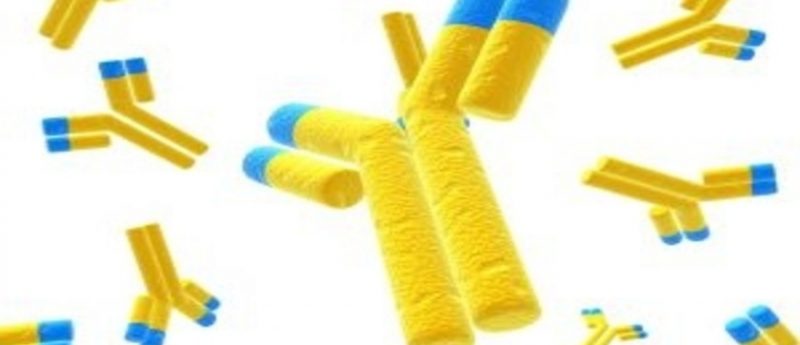Toward improved effectiveness of bladder cancer immunotherapy

Urothelial cancer (bladder cancer; BCa) accounts for over 70,000 new cases and 15,000 deaths annually in USA. Although it can be successfully treated in its early stages, it has extremely high recurrence rates and becomes increasingly resistant to treatment at later stages. Intravesical BCG treatment reduces the recurrence rates of BCa from 60–70% to 30–40% and it is considered a prototypical target of cancer immunotherapy [1–3]. However, low overall durability of BCG responses beyond 2–3 years and the significant risk of progression to muscle invasive disease in spite of initial responses resulted in attempts to improve time to recurrence through BCG maintenance strategies [4]. Attempts to improve rates and the durability of BCG response, concerns over local toxicity, the risks of systemic infection in patients and risks of occupational exposure to healthcare workers due to the use of live bacterium have led to alternative strategies including reduced dosing and combining the isolated mycobacterial cell wall with mitochondrial DNA complexes, which have yielded early promising results [5]. Other immunotherapeutic strategies, such as single agent- or combination therapies involving IFN-α, had disappointing results so far [6].
Click here to view the full article in Immunotherapy.



